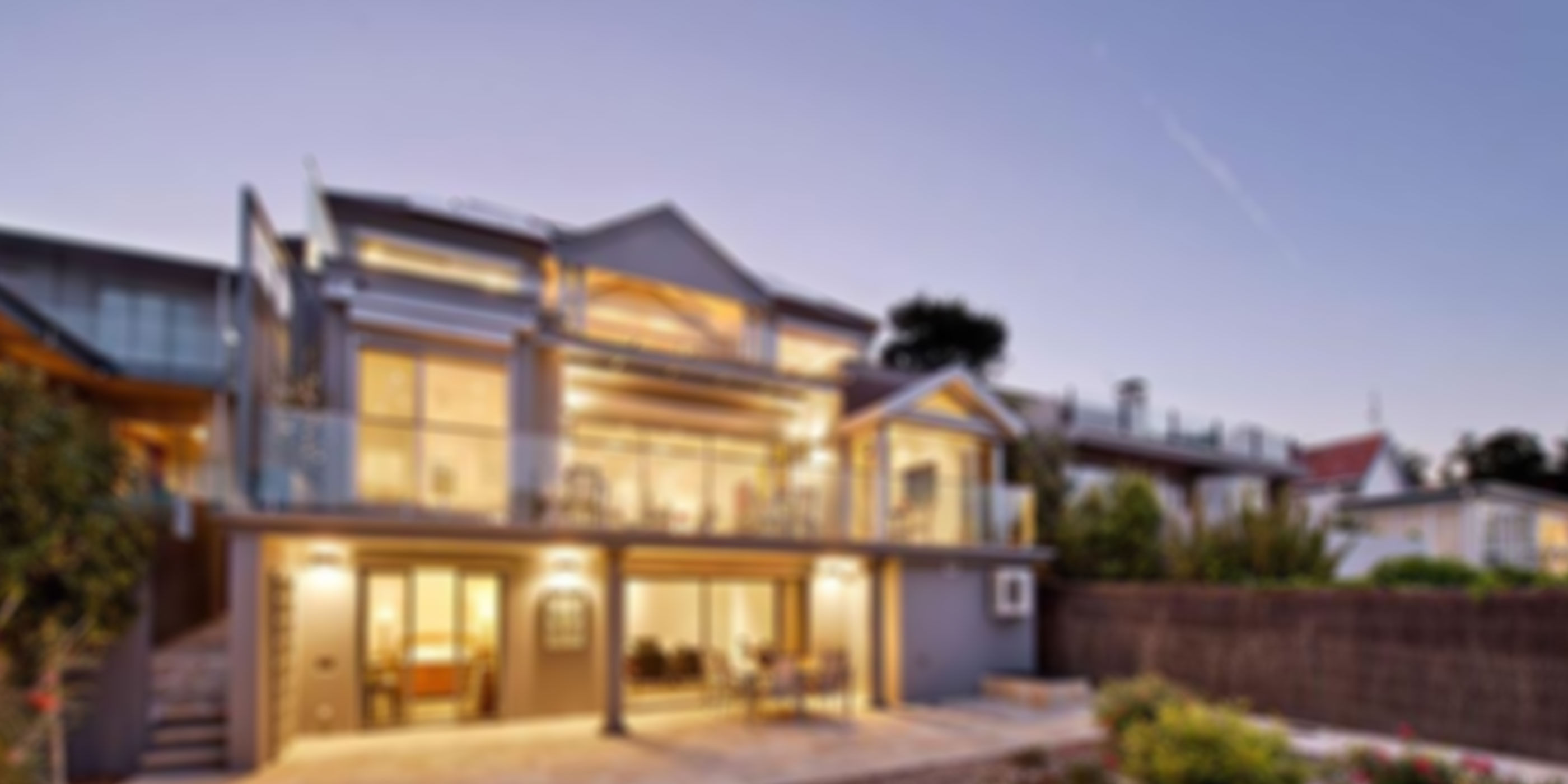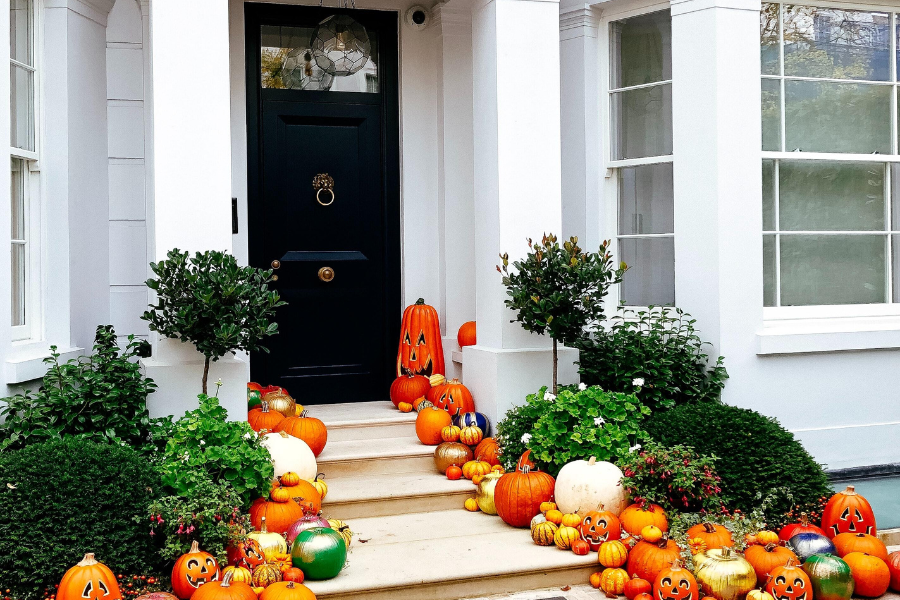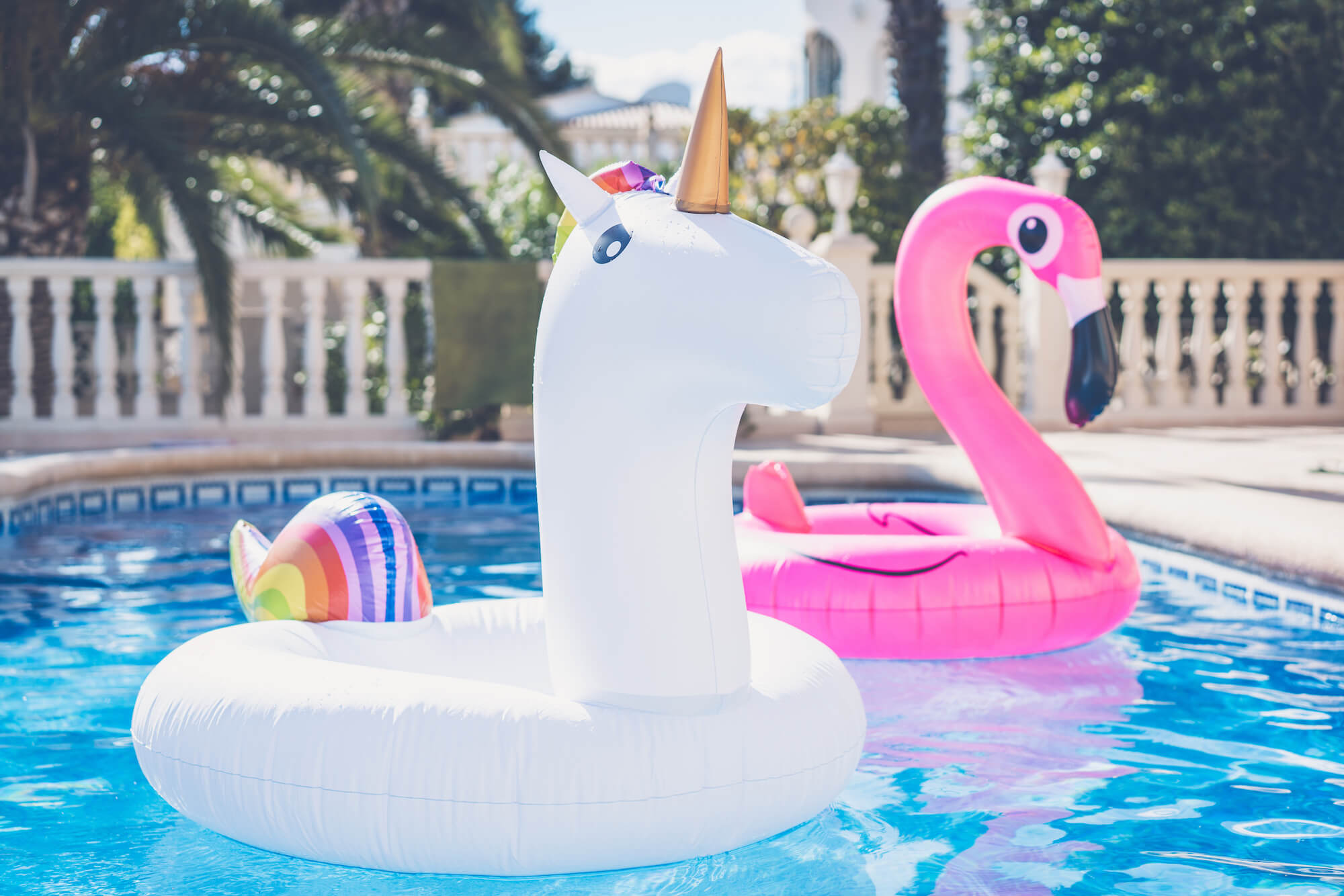If you’ve never hosted large-scale events before, you’ll need to start with a good grasp on what you want to accomplish. Of course, different kinds of events will call for different parties, but there are some basic principles to keep in mind as you start setting your goals and getting ready
 Party planning can be tiring but the results can pay off
Party planning can be tiring but the results can pay off
Guest list: First, make sure you’re clear on who the party’s for. Is it families? Adults? (Supervised) children only? You’ll need to have your audience in mind when you choose things like food and activities. Then, you can start narrowing down the guest list. You’ll need a good estimation of the number of guests before you can move forward.
Time: Narrowing down a season, a month, and then a date can be a difficult part of planning any event not tied to a holiday or other event, like a birthday. Even for holiday parties, picking weekday versus weekend is an important early step. You’ll then need to figure out time of day: afternoon, dinner/evening, or later at night. Each one will create different expectations for food and entertainment, so if you start with a particular idea for those you’ll need to make sure not to do them at an odd time—like karaoke and drinks early on a weekday.
Venue: You may want to simply have your event at home, depending on the size of the party (and the size of your home). This will often be cheaper, but also means more setup and cleaning work for you. Bigger or more formal events are generally better off at a hotel. Restaurants are good for smaller or medium-sized groups if you’ll be primarily focused on eating; they’ll probably offer less flexibility, certainly on décor, though that isn’t necessarily as important if you’re able to find the right one for your group. Make sure to book well in advance.
Theme: Decide the décor—even if it’s only flowers and choosing accent colours—and any music you might want to have. Decorations and streamers are generally easy to find on a budget. At a hotel or other outside venue, if you want music you’ll need to find a band or DJ. Think about whether or not there will be dancing. For kids’ parties held at home, of course, the theme will be the biggest decision you make. While kids’ decorations still won’t be expensive, be prepared to invest lots of time and energy in setting them up.
Food and drink: If you want a bar, make sure you have a good bartender lined up and that you’re well supplied. As for food, decide what you want early so that you can shop and even cook in advance—this isn’t something you want to be stuck doing at the last minute. Picking selections from a menu is less urgent but still shouldn’t be ignored.
Setup: At home, you’ll want to do the bulk of cleaning, putting up decorations, and clearing your clutter away from the party space a couple of days in advance so you’re not in a rush. If you’ve already booked somewhere else, that’s also when you should be double-checking that they’ll be ready for you. For big events, you may need to do some supervision and checks the day of the party.
Really, the basics of party planning are fairly simple, and starting out with an idea of what you want the finished product to be will go a long way toward helping you make your decisions without worrying too much about them.
If you have any tips to add to your party planning be sure to tweet them to us here.





